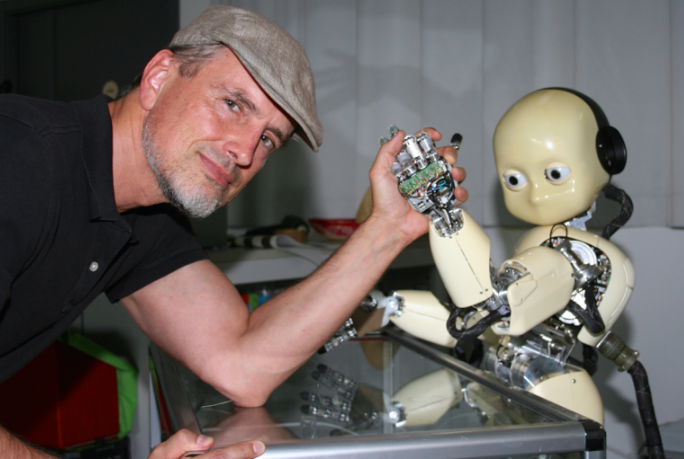
About eight years ago, The New York Times stated that when artificial intelligence matures, Professor Jürgen Schmidhuber might be dubbed “Father”.
While offspring have matured and become an integral part of our daily lives, many experts, including Jeffrey Hinton, also a father of artificial intelligence, have expressed concern about their progeny overshadowing humans. In May 2023, he even resigned from Google, claiming it would give him the chance to speak freely about his offspring’s dangers and did not shy away from disavowing them, stating he “regrets working in this field”.
In contrast to Hinton, Schmidhuber, the current president of the Artificial Intelligence Initiative at the King Abdullah University of Science and Technology (KAUST) in Saudi Arabia, passionately defended his offspring amidst the “torrent of cynical talk” by focusing not only on the negatives but also on the positive aspects. The man, who also serves as the scientific director of the Swiss AI Lab, extensively discussed “the positive role his offspring play in facilitating human life, far exceeding any talk of their negatives”.
Speaking in an email interview with Al Jazeera, Schmidhuber enthusiastically praised the advantages of one of them, namely language processing models like Google Translate and Apple’s Siri, which began development from the neural networks he worked on in the 1990s. He also discussed the roles of generative AI, such as “GPT Chat”, which relied on his research and applied achievements in deep learning and non-linear transformers.
With occasionally candid words and deep philosophical insights, the man, once described by Elon Musk as “inventing everything”, refuted the notion of AI applications overpowering humans. He offered an explanation for the fierce backlash these applications face, reiterating what he has said since adolescence, that he wishes to “build an AI smarter than himself so he can retire”.
Leave a Reply